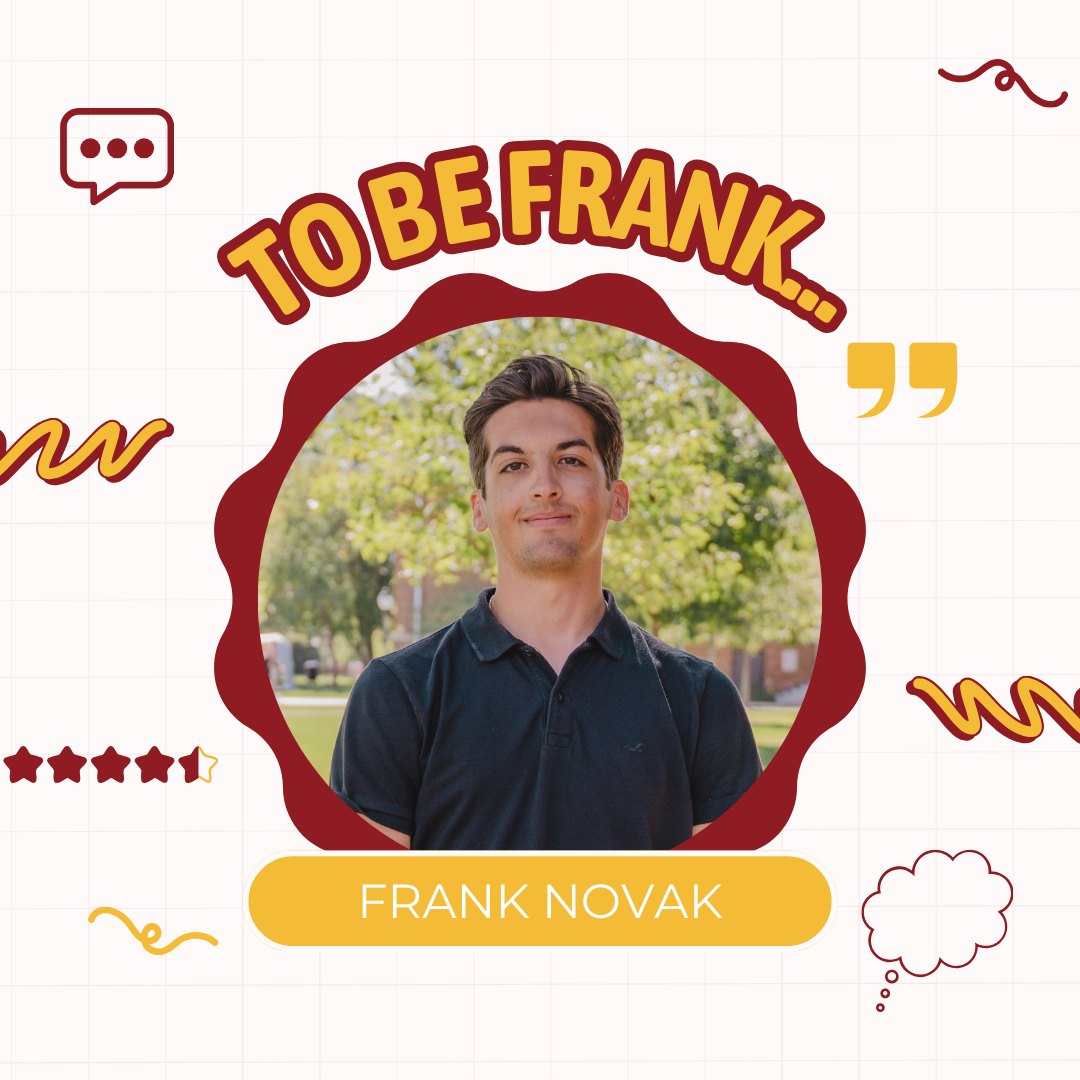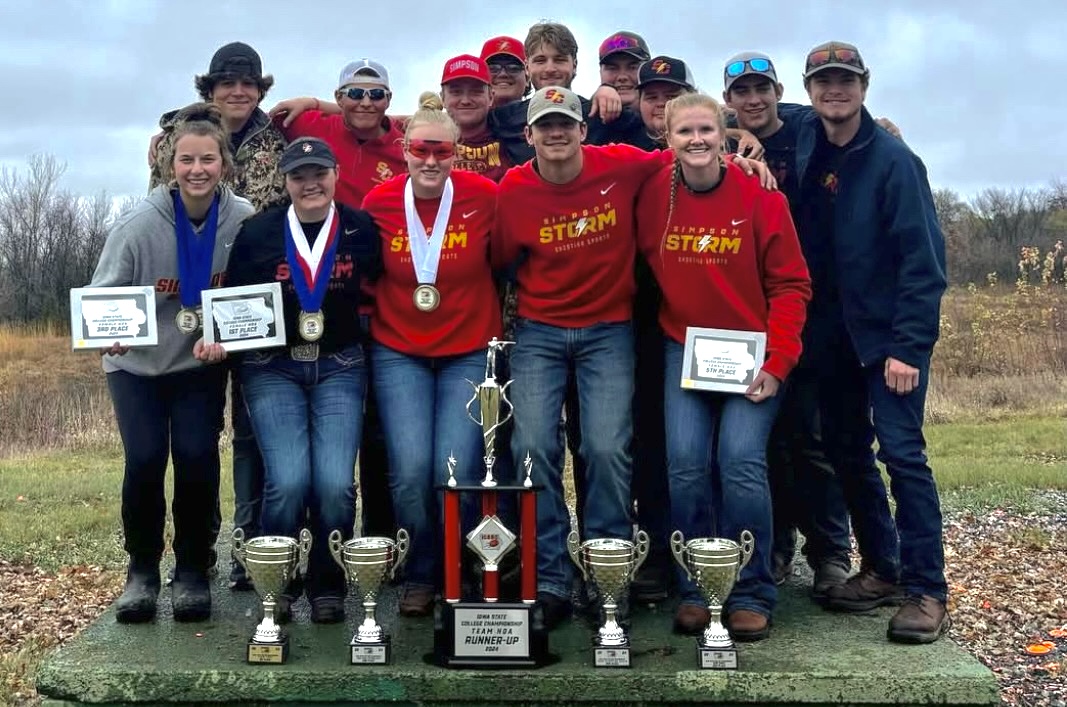OUR VIEW: Without a home, in need of heart
November 25, 2015
Homelessness: living without a home, without food and without any form of security.
When I think of homelessness, I think of cardboard signs, men and women in torn clothing sitting on street corners. I think moving past, and I think of avoiding eye contact.
That is what most of us do. We pretend not to see these men, women and children. We pretend we are busy, we do not have the time, and we do not have anything we can give.
We keep on going, moving forward and we leave them behind without a second glance.
Why do we ignore their existence? Why are we so afraid of helping them? What is it that we can do?
According to the U.S. Department of Housing and Urban Development, there are four different types of homelessness: literal homeless, or a person who lacks a fixed night time residence and is living on the street or in a shelter; imminent risk of homelessness, or someone who will be losing their place of residence as a result of lacking resources; homeless under federal status, being unaccompanied youth under 25 years old or families with children; and those who are fleeing from domestic violence and have no other residence or resources.
Every single one of those situations can be found in Des Moines, and there are not enough resources to help them.
While I have always cared about this issue, a recent event has affected my views and has made me think deeper about these questions while in Austin, Texas.
When Simpson Student Media gave me the opportunity to attend the ACP/CMA National College Media Convention, I was thrilled. We spent hours growing sore on a plane, took a bus to our hotel and admired the city we had entered.
As we approached the hotel, I remember being in awe. It was fancier than anything I had ever stayed in and it was so full of other journalists, everyone rushing to their next sessions and talking in groups of people.
However, the moment you would leave the hotel, it was impossible to ignore the large number of homeless people who sat and slept around nearly every corner. At one point, there was a man who affected my life, and he will never know that he did.
He was wearing a black jacket, torn jeans and a ripped baseball cap. In the dark of the night, I almost did not see him. He was laying in a door frame next to the alley, and his head rested on a yellow, reusable shopping bag, which held the few items he owned. He slept with eyes closed and a face covered in dirt and wrinkles.
Countless people, all dressed in their Halloween costumes walked right past him, laughing in groups of friends, and not once did they even bother to look or help.
The only people who were paying attention to him consisted of three teenagers, who took a picture on their phone of him, and laughed. They mocked him.
My heart broke at the sight, so I went up to the man, set the leftover meal I had been carrying in a white foam container, and I left before the man would have the opportunity to wake up. I did not want him to know me because I desperately wished I could do more than give him leftovers.
I have always been empathetic toward the issue of homelessness, but this man gave it a face for me.
At Simpson College, I fear that we forget people like this man exist. We are lucky enough to be attending a private college where we always know where we will sleep and a meal is a simple swipe of a card away.
When we are struggling, we have countless resources there to help us, and we forget that not everyone is as lucky. We forget that these people are not just in larger cities like Austin, but in Des Moines, too.
According to Hope Ministries of Iowa, 16,238 Iowans were homeless in 2012. In addition, in 2013, there were a total of 843 people being served by homeless shelters in Polk county, 114 of these being veterans and 183 of them being victims of domestic violence.
Yet, we never seem to see them. When we do, we try not to look.
But there are many people on campus who try to make a difference. We have student groups like Wesley Service Scholars, Rotaract Club and Religious Life Community constantly encouraging students to volunteer and donate both their time and resources to help others in need.
Fraternities host fundraisers, like Alpha Tau Omega’s annual sleep out, to raise money and awareness for the issue. Yet, we have to ask ourselves, are we doing enough?
I know that I have spent too much of my time focusing on myself, making excuses for why I cannot help more often.
I have tuition, I need to do my homework and I need to still have a social life. I forget that my problems are small when I look at the problems someone else is having. I take a lot for granted, and I do not even realize I am doing it. I know I am not alone.
Even the smallest daily actions can create a tidal wave. Carrying bottles of water in my car to hand out to the next person I see on the street, donating a few hours of my weekend to work at a homeless shelter, helping organize fundraisers and events on campus intended to help and reminding people to always look for more ways to help.
Buy an extra package of socks, underwear and hygiene products and take them to a local shelter. Give away leftovers, build houses for Habitat for Humanity and donate your time to make others feel like they are worth it.
Every person should feel like they are worth it, and as students we have the ability to help. We are the next generation to run this country, and we can start strong by positively affecting the lives of those who need it most.






